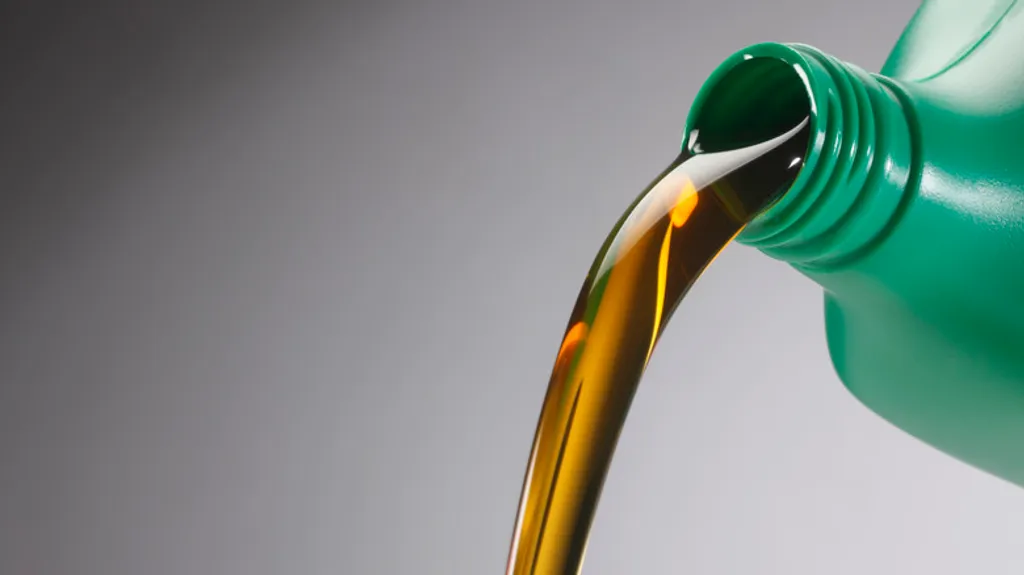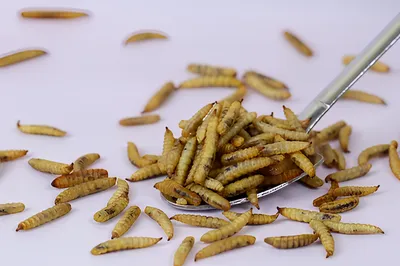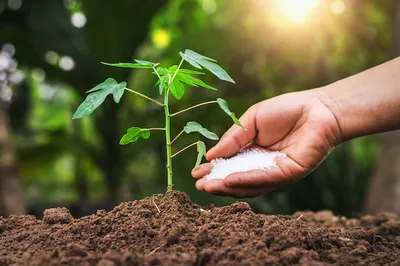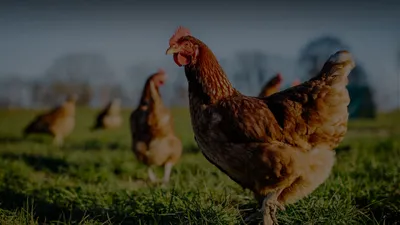Black soldier fly larvae can convert waste into biofuel through bioconversion processes. The larvae naturally accumulate approximately 15% of their body weight as fats, which are subsequently processed into oils suitable for biodiesel production.
The oil composition includes saturated and unsaturated fatty acids, such as lauric acid, palmitic acid, and oleic acid, which are important for biodiesel production. Conversion occurs via non-catalytic transesterification, where oil reacts with alcohol under elevated temperature and pressure without requiring a catalyst.
While this approach adds value when processing waste materials, regulatory frameworks vary significantly by region. European regulations restrict introducing products derived from insect-fed waste into food chains, making this application more viable in jurisdictions without such constraints.
Further research is available in Jung et al. (2021), examining biodiesel production from black soldier fly larvae originating from food waste.
.jpg)



